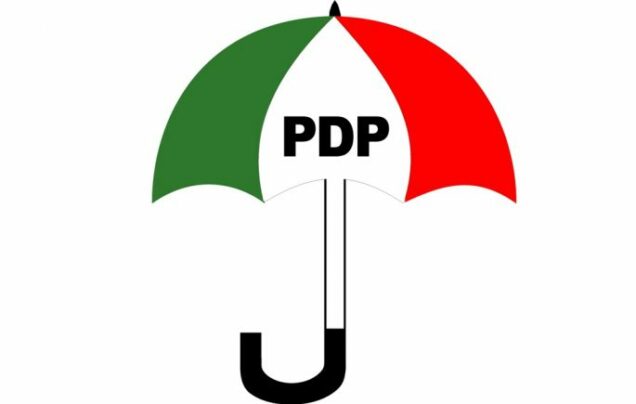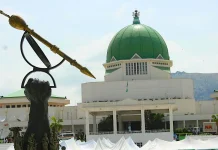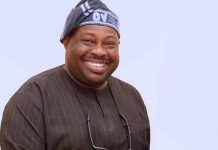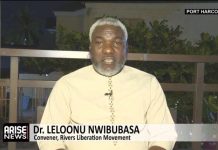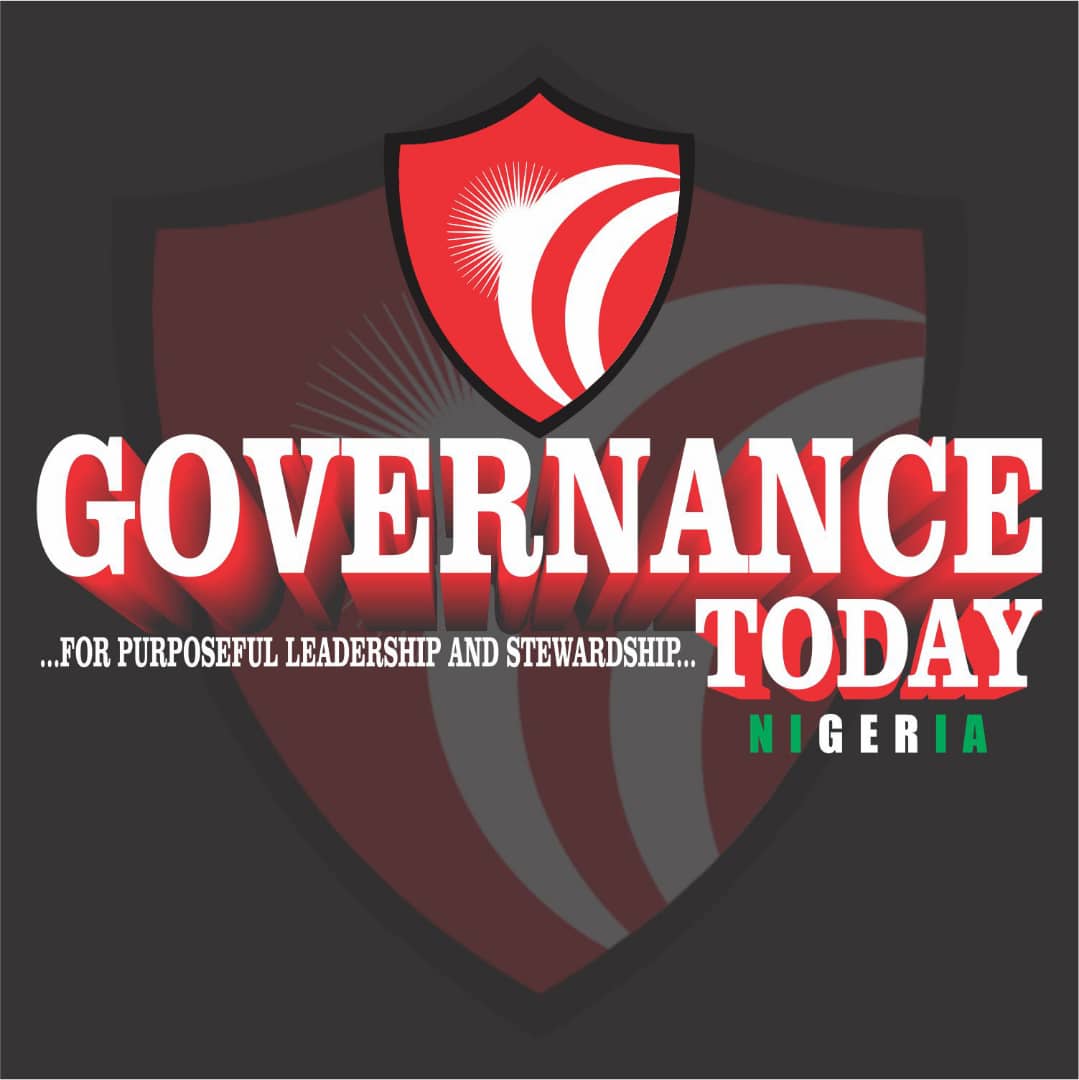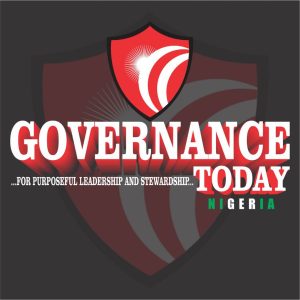State chairmen of the Peoples Democratic Party (PDP) have dismissed concerns that the recent wave of defections, especially from Delta State, signals the end of the party. They insist that the PDP remains strong and capable of bouncing back ahead of the 2027 elections.
This reassurance comes after a major blow to the party’s structure in Delta State, where many PDP leaders and supporters crossed over to the All Progressives Congress (APC). The situation was further complicated by the recent declarations of loyalty to President Bola Tinubu by Governor Umo Eno of Akwa Ibom and Governor Sheriff Oborevwori of Delta State. Party insiders acknowledge that these moves reflect deep-seated problems within the PDP, many of which have lingered since the crisis that followed the 2023 general elections.
However, despite the visible cracks, the party’s leadership, including acting national chairman, Ambassador Umar Illiya Damagum, former Vice President Atiku Abubakar, former Senate President Bukola Saraki, and elder statesman Bode George, have urged supporters not to lose faith. They argue that the PDP still has a major role to play in Nigeria’s political future and can still reclaim its place with proper reorganization and unity.
A senior party official, who spoke anonymously, admitted that internal disagreements, personal ambitions, and the inability to manage post-election grievances have severely weakened the PDP. He stressed that while external pressures exist, the party’s real battle is with itself.
In several states, PDP chairmen are rallying support and downplaying the impact of the defections. In Kwara State, Hon. Babatunde Mohammed called the recent exits a purification process that would allow the party to reposition itself with loyal members. In Bauchi State, Dr. Dayyabu Chiroma expressed confidence that the PDP remains strong, especially with Governor Bala Mohammed’s leadership, and will perform even better in the next elections.
In Kaduna State, the party chairman, Edward Marsha, acknowledged that the defections were a setback but emphasized that the party must confront its internal problems head-on. In Oyo State, Hon. Dayo Ogundare said many politicians were defecting out of fear of prosecution by the Economic and Financial Crimes Commission (EFCC), not necessarily because of ideological alignment.
In Sokoto State, Hon. Bello Goronyo described the defections in Delta as unfortunate but emphasized that defection should not be the first solution to political challenges. In Osun State, Hon. Sunday Bisi said the APC was only celebrating short-term gains, while the PDP remained the party that truly represented the people’s interests.
Meanwhile, in Ondo State, Hon. Bakita Bello dismissed the defectors as politicians seeking personal survival rather than national development. In Ekiti State, Chief Dare Adeleke argued that defections happen in every party and that the PDP has also welcomed new members from rival parties.
In Delta State, some of the defectors defended their decision. Former Delta PDP chairman, Solomon Arenyeka, said the move to the APC was necessary to protect the political future of the state. He explained that unresolved internal issues within the PDP left many members with no viable alternative. Similarly, Charles Aniagwu, Delta’s Commissioner for Rural Roads and Infrastructure, warned that if PDP leaders fail to address ongoing grievances, the party could suffer the same fate that befell the APC in Zamfara State during the 2019 elections, where internal disputes led to the party losing its electoral victories.
Despite these setbacks, PDP leaders nationwide maintain that the party is not finished. They say efforts are ongoing to reconcile aggrieved members, rebuild structures at the grassroots, and prepare for a stronger showing in the 2027 general elections.
For them, while the road ahead may be difficult, the PDP is far from defeated.


